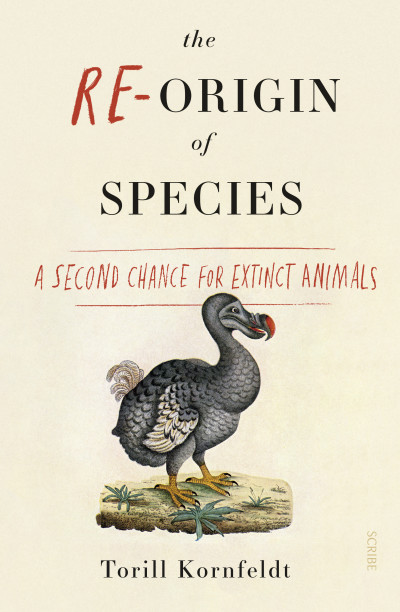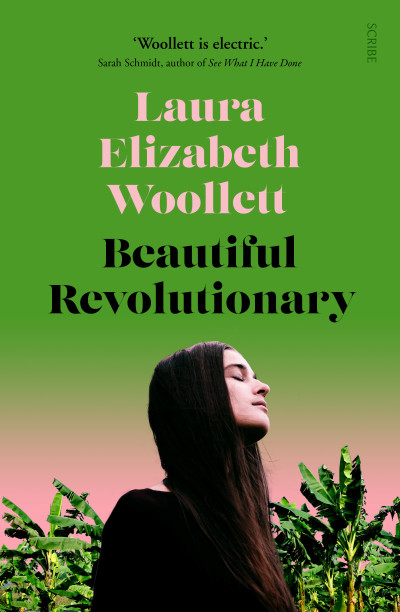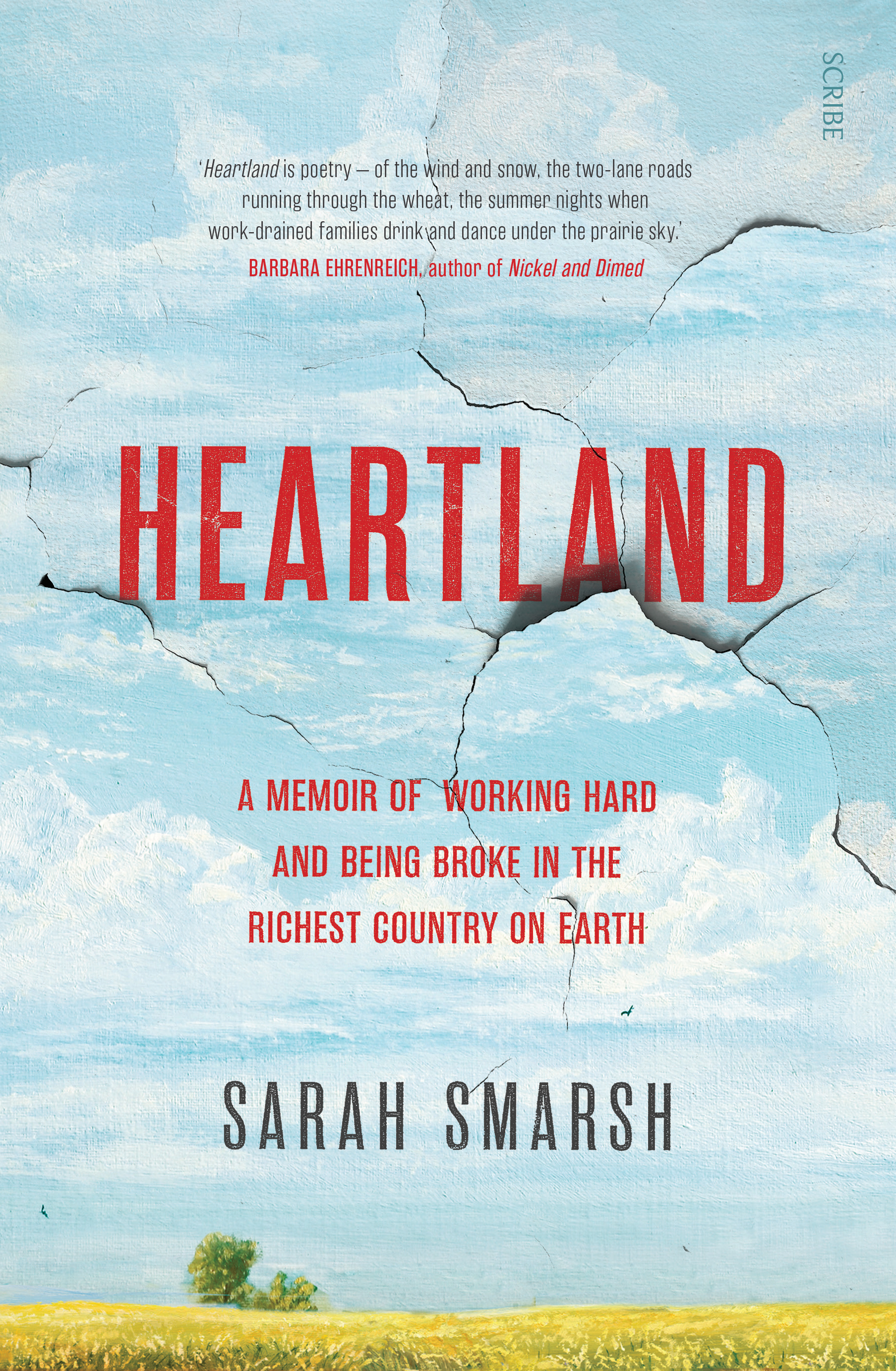
‘Guide to 2018’s Great Reads’ by NPR Books —Smarsh brings you into her world with equal parts deep compassion and clear eyes. It’s a good read, funny and heartbreaking.
‘Most Anticipated September 2018 Books’ by The Coil Magazine — In this memoir for our times, Smarsh talks truthfully about working-class poverty in the American Midwest.
‘Five Books You Need To Read This Month: October’ by The AU Review — A topical and moving memoir exploring one woman’s experience of working class poverty in America.
Notable new titles for September by Bookateria.
‘Best Books 2018’ by Publishers Weekly –– Smarsh’s raw and intimate narrative exposes a country of economic inequality that “has failed its children”.
‘The Best Nonfiction Books of 2018’ by Buzzfeed –– She addresses the hypothetical child she might or might not eventually have (an unnamed “you” throughout) and in doing so addresses all that the next generation Middle Americans living in poverty will face.
‘The Best Books of 2018’ by Datebook –– Smarsh’s intelligent, affecting memoir is a book we need: an observant, affectionate portrait of working-class America that possesses the power to resonate with readers of all classes.
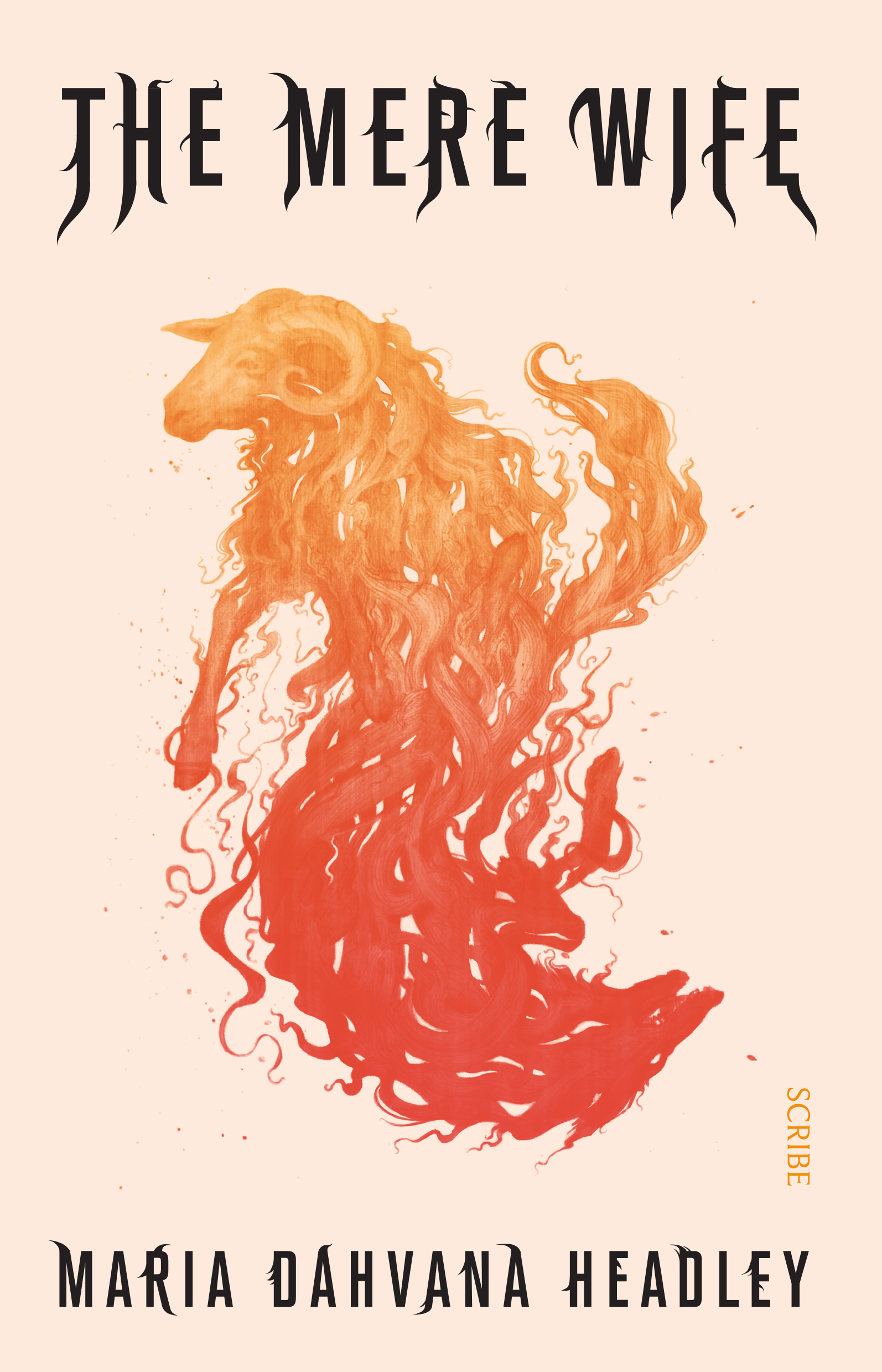
‘50 of the Best Feminist Books of 2018’ by AutoStraddle –– Oh just a modern, literary retelling of Beowulf set in American suburbia! Grendel and his mother are transformed into Gren and Dana, a war veteran who finds herself in heated battle with Willa Herot, suburban soccer mommy extraordinaire. Called a ‘consciousness-altering mind trip of a book’ by Kelly Link and ‘genius’ by Carmen Maria Machado, this is a must-read for anyone interested in myths and monstrosity in modern times.
‘Best 100 Fiction Books of 2018’ by Kirkus — There’s not a false note in this retelling, which does the Beowulf poet and his spear-Danes proud.
‘Best Fiction of 2018 To Get Your Book Club Talking’ by Kirkus.
‘50 Notable Works of Fiction in 2018’ by The Washington Post — Beowulf is wittily reimagined as a feminist parody of suburban sanctimony, with a lesser role for the epic’s hero, incarnated here as ex-Marine Ben Woolf.
‘The Best Books of 2018 We Can’t Wait to Read This Year’ by Refinery29 — Headley’s language is exquisite and imaginative, the contemporary adaptation on-point and thought provoking – essentially, this is how to retell a classic.
‘10 Best Books of July: The Monitor’s Picks’ by The Christian Science Monitor –– Bestselling author Maria Dahvana Headley takes a significant gamble in recasting Old English epic Beowulf in the American suburbs – but the gamble pays off. She enhances the themes of the classic with contemporary and feminist accents, creating a work that is both unique and worthy.
‘The Best Books of 2018’ by New Statesman America –– I loved Maria Dahvana Headley’s The Mere Wife a memorably weird and deep retelling of Beowulf as a novel about suburban America, wildness, PTSD and what it means to be a hero.
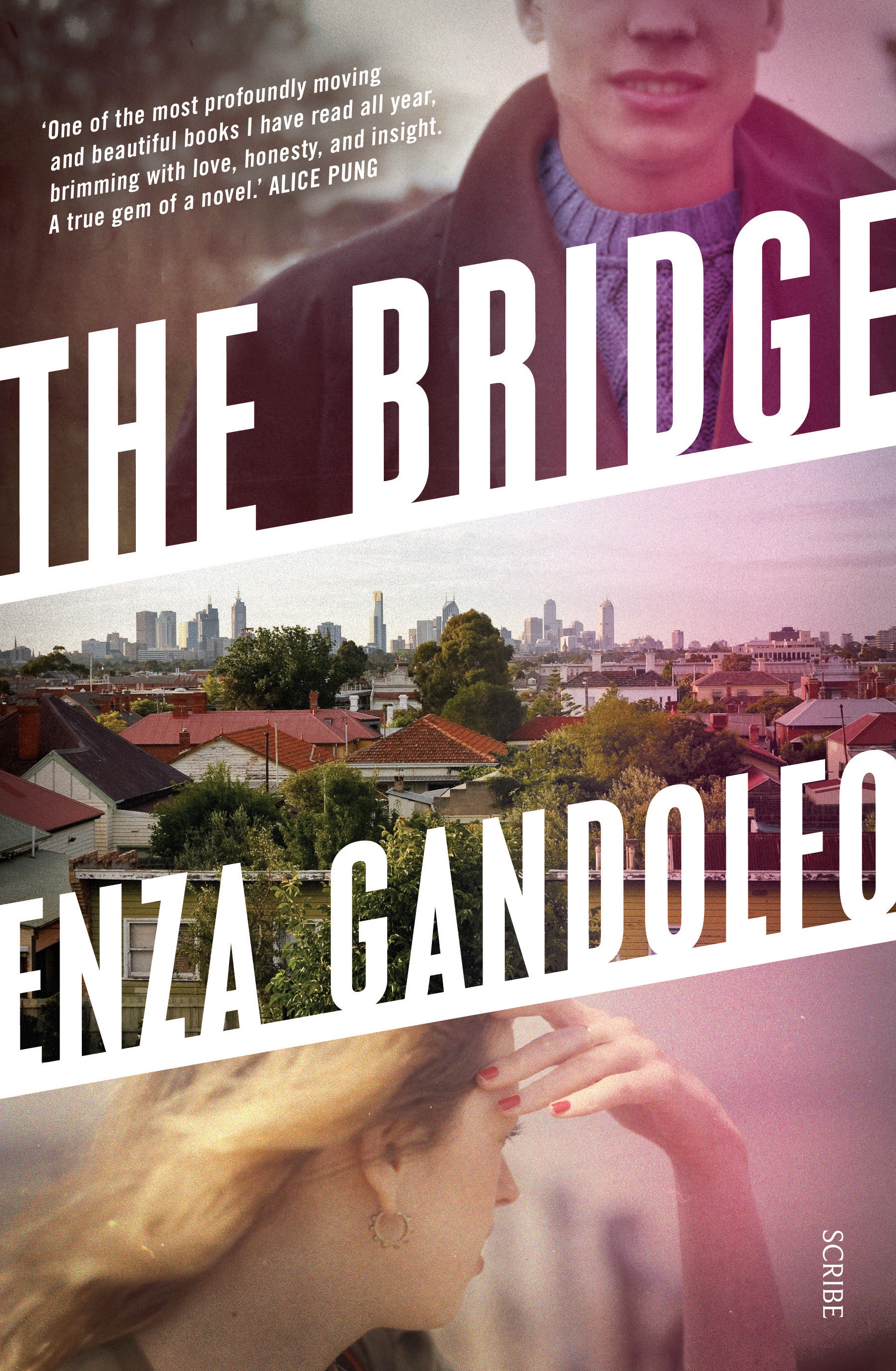
‘Books of the Year’ by Australian Book Review — Enza Gandolfo’s The Bridge set among working-class lives, considers the collapse of the Westgate Bridge alongside a contemporary tragedy. It’s a moving, unsentimental novel about ethical complexities. Michelle de Kretser
‘The Best Books of 2018’ by The Sydney Morning Herald — The Bridge is an exquisite historical novel largely set in the workingclass communities of Melbourne's west, against the collapse of the Westgate Bridge — Australia's worst industrial accident. Maxine Beneba Clarke
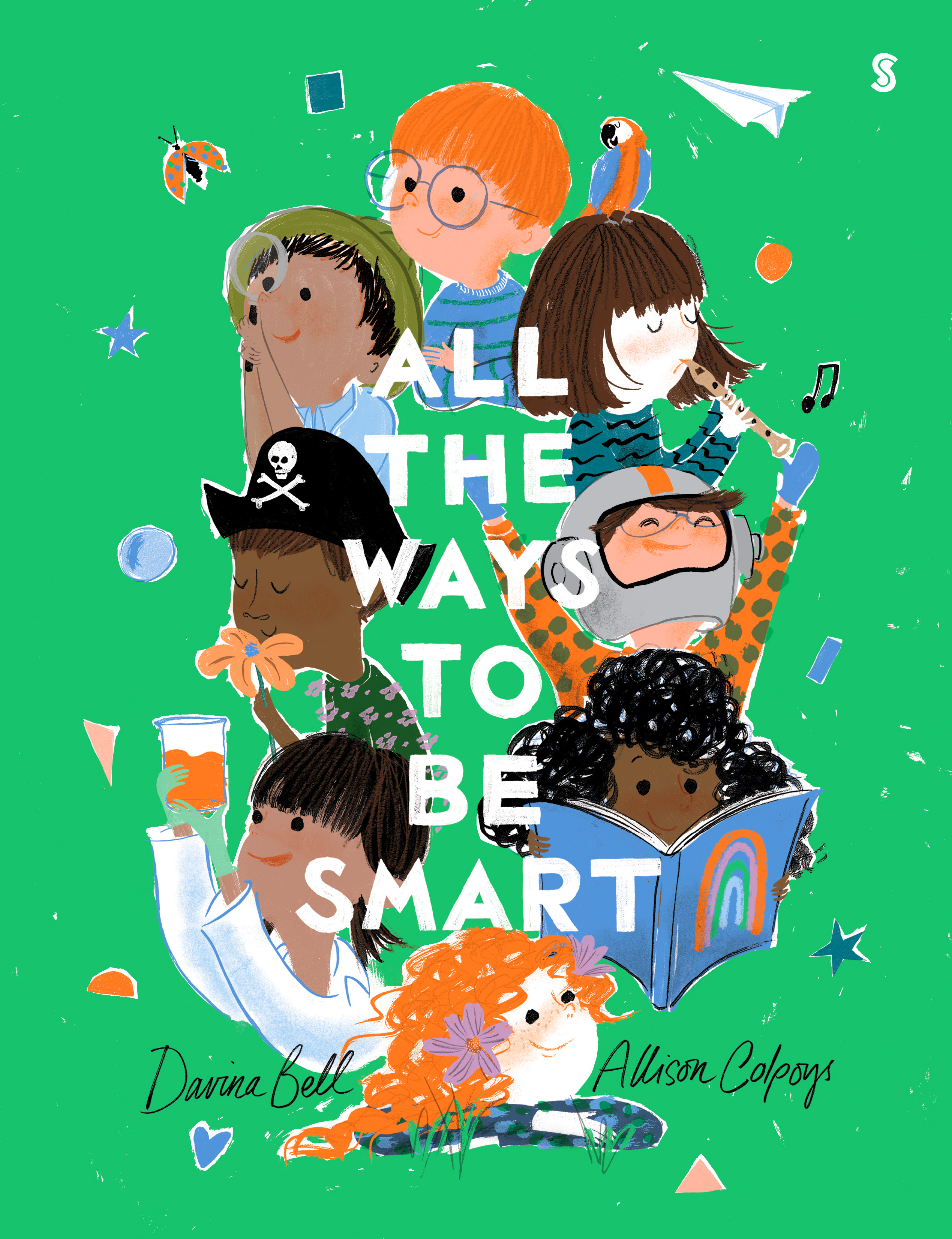
‘Best Picture Books of 2018’ by Readings — After a colourful, rollicking, joyful, rhyming read there is only one word for this book: wise. Good scores in a test are great but the importance of celebrating the creative, collaborative and just plain quirky things that make us emotionally intelligent and well-rounded could not have been better portrayed.
‘Writing NSW Staff Pick Their Favourite Writing of 2018’ — This book teaches children that intelligence is so much more than being book-smart. Intelligence can also mean being empathetic, artistic, athletic, and inquisitive. It places value in every kind of talent, from ‘building boats from boxes’ to ‘kindness when there’s crying’. All the Ways to Be Smart is the perfect feel-good bedtime story that I can’t wait to gift this Christmas.
‘100 Great Reads by Australian Women in 2018’ by Readings –– radiant and glorious celebration of the many different talents children can have, and perfect for nurturing confidence.
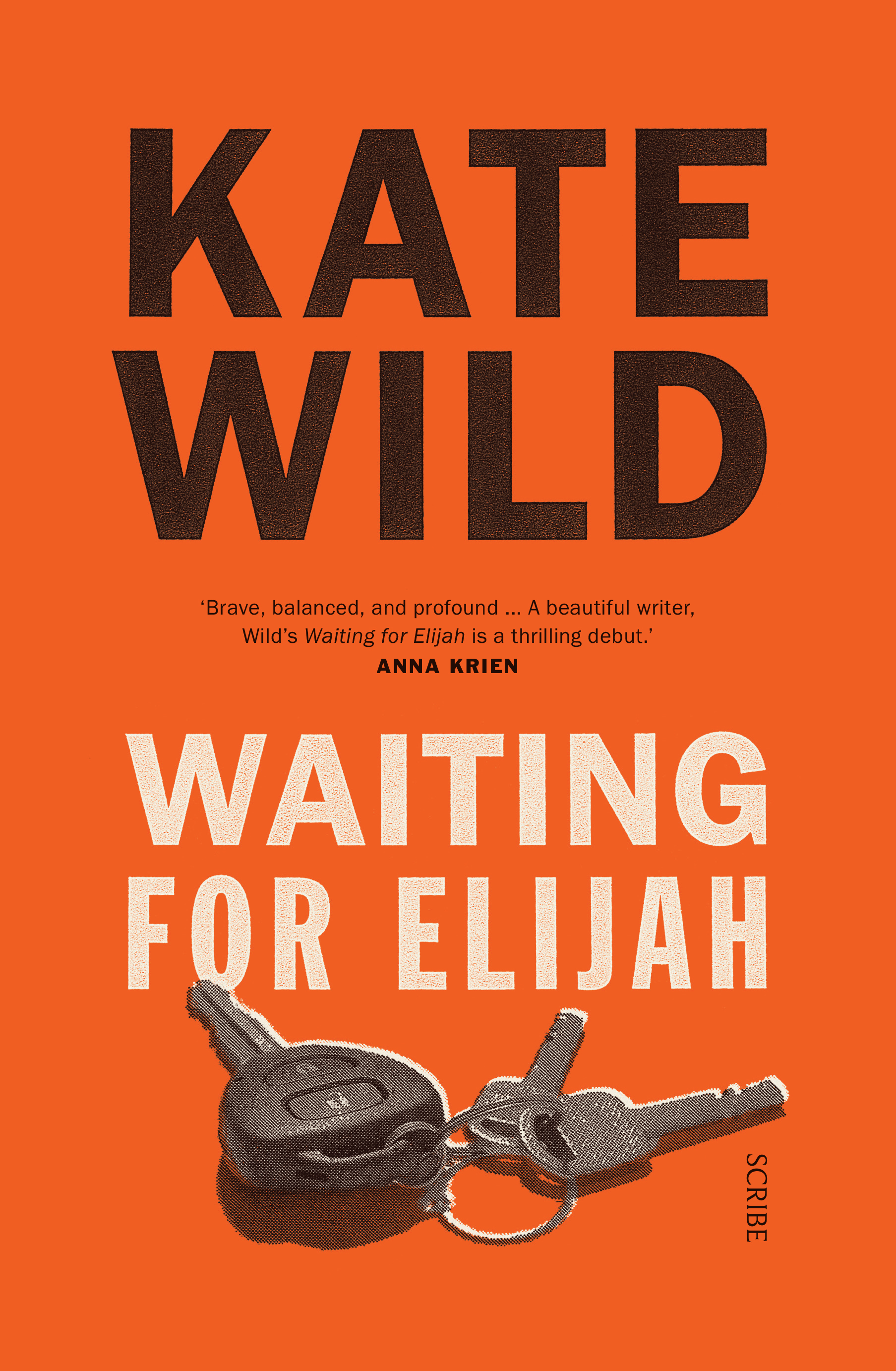
‘Books We Love: June’ by Librarians’ Choice.
‘100 Great Reads by Australian Women in 2018’ by Readings –– Journalist Kate Wild attempts to unravel the case of Elijah Holcombe, a twenty-four-year-old man who was fatally shot by police in rural NSW, and explores the stigma attached to mental health troubles.
‘The Best Crime Books of 2018’ by Readings –– Nine years ago, Senior Constable Andrew Rich shot dead twenty-four-year-old Elijah Holcombe – a man whose family couldn’t believe he’d charged at police with a knife, despite his mental illnesses. In this thought-provoking, beautiful and devastating piece of journalism, Kate Wild follows the court case and asks: how can we stop this from happening again?
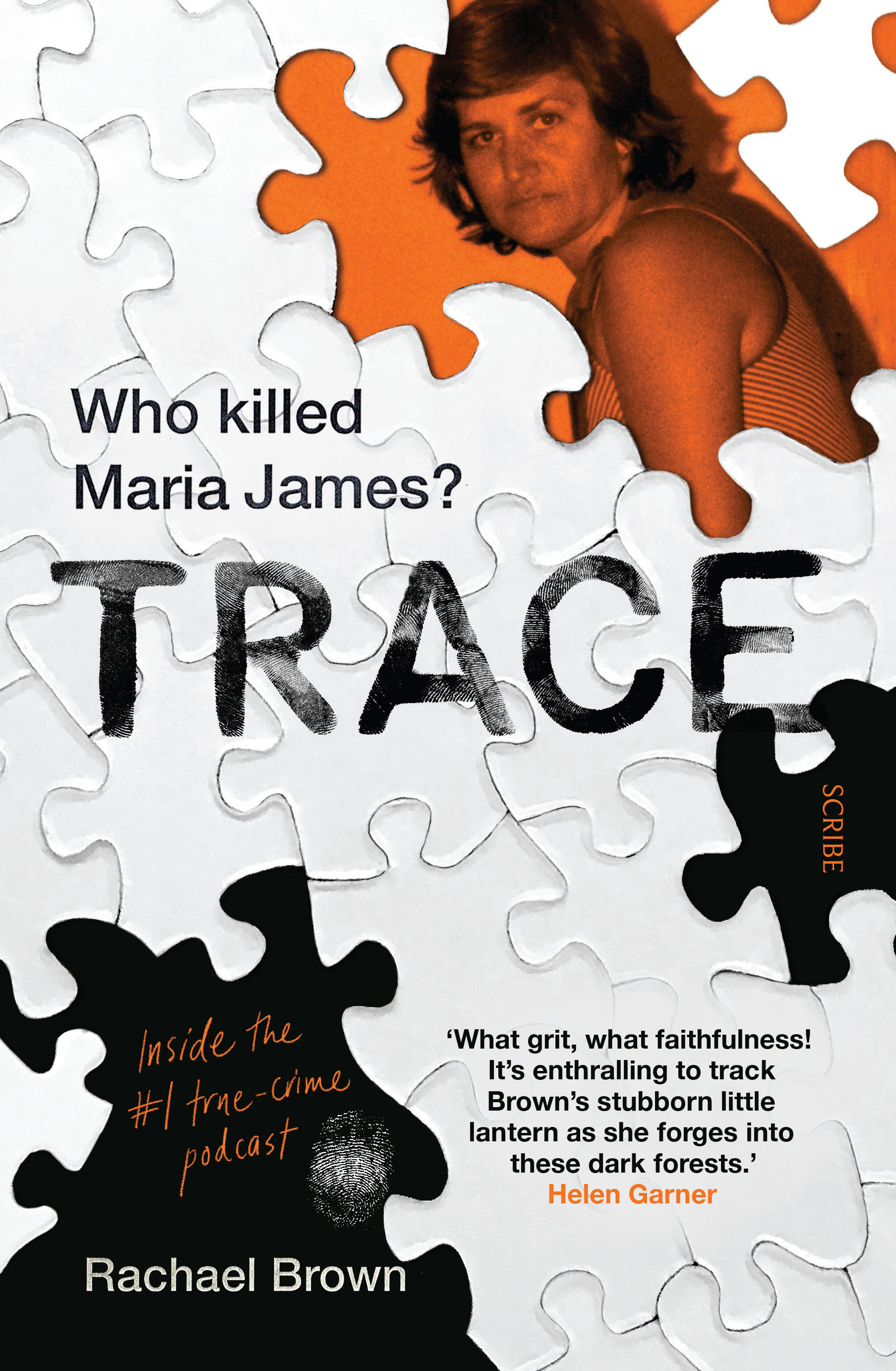
‘Books We Love: August’ by Librarians’ Choice.
‘Books of the Year’ by Australian Book Review — Rachael Brown achieved an Australian first: turning a number one true-crime podcast into a Walkley-shortlisted book. Trace: Who killed Maria James? is a gripping read. Astrid Edwards
‘100 Great Reads by Australian Women in 2018’ by Readings –– Expanding on the award-winning ABC podcast of the same name, this is the riveting inside story of Brown’s cold-case investigation of the 1980 murder of Melbourne bookseller Maria James.
‘The Best Crime Books of 2018’ by Readings –– Brown’s excellent podcast has been transformed into an addictive true-crime book that traces the clues, suspects, and devastation left in the wake of Maria James’s 1980 death in the Thornbury bookstore where she worked and lived. With revelations that upend the 1982 inquiry, this is, nearly forty years later, still a nail-biting case.
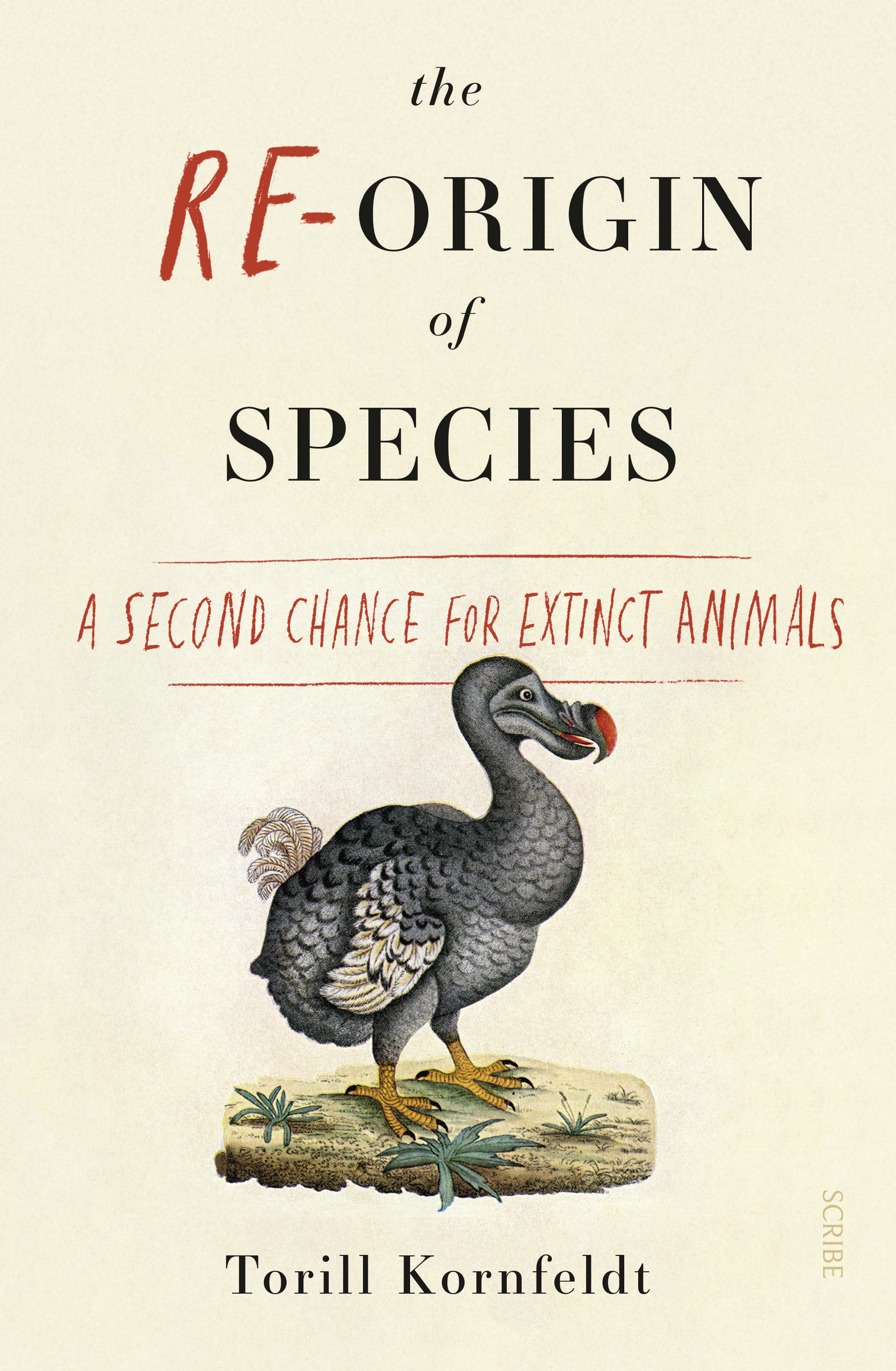
‘Christmas Books 2018: Science’ by The Telegraph — It’s a beautifully written and perceptive book, that also poses sharp questions about environmental nostalgia and the true value of species.
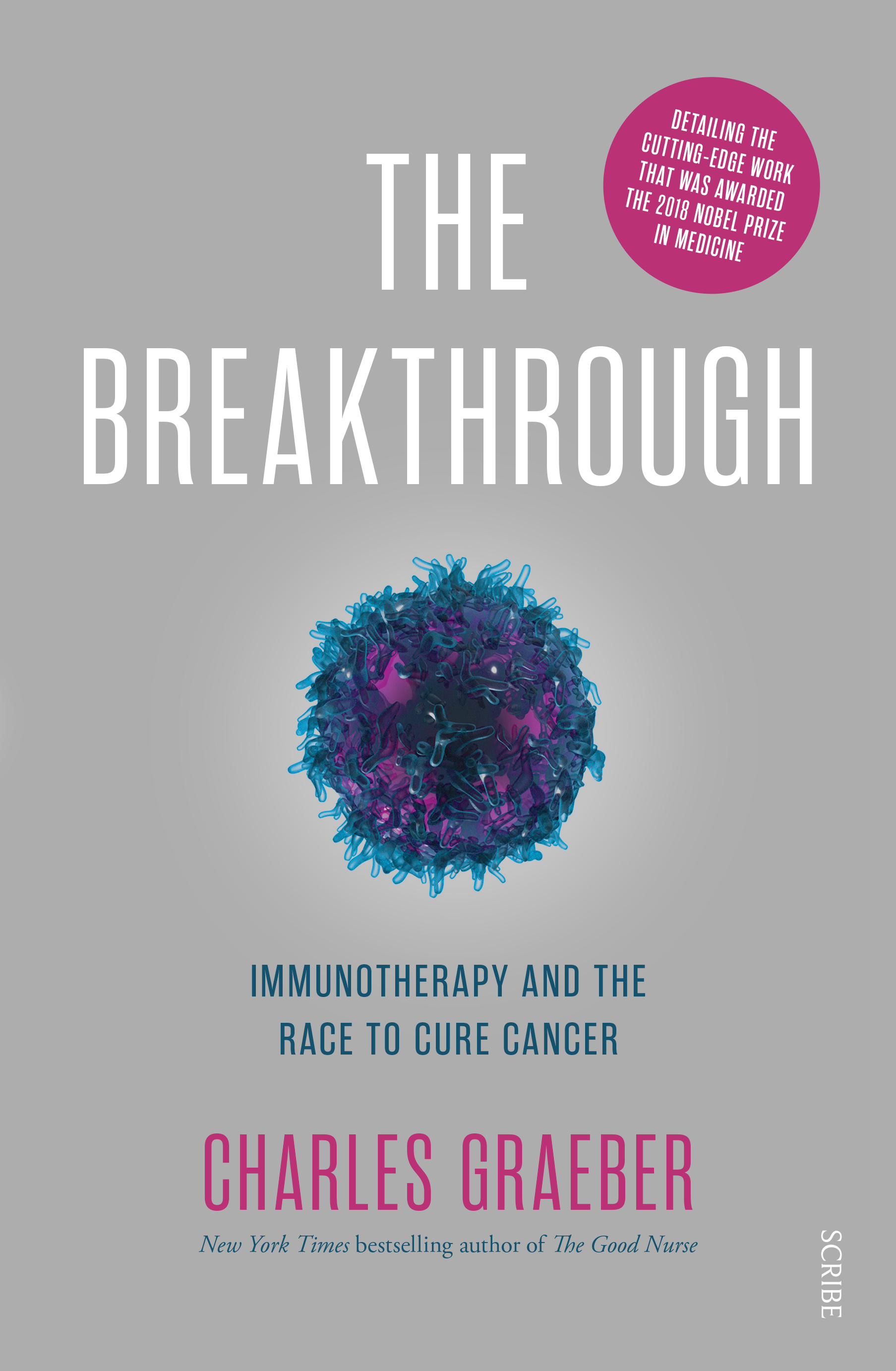
‘Ten Books to Read This November’ by BBC Culture — Graeber’s crisp and suspenseful book is the perfect backstory for this year’s Novel Prize in Medicine … His focus on the human stories, especially courageous patients like Schwartz and torch-bearing doctors like Dr Allison, make for an inspiring medical narrative.
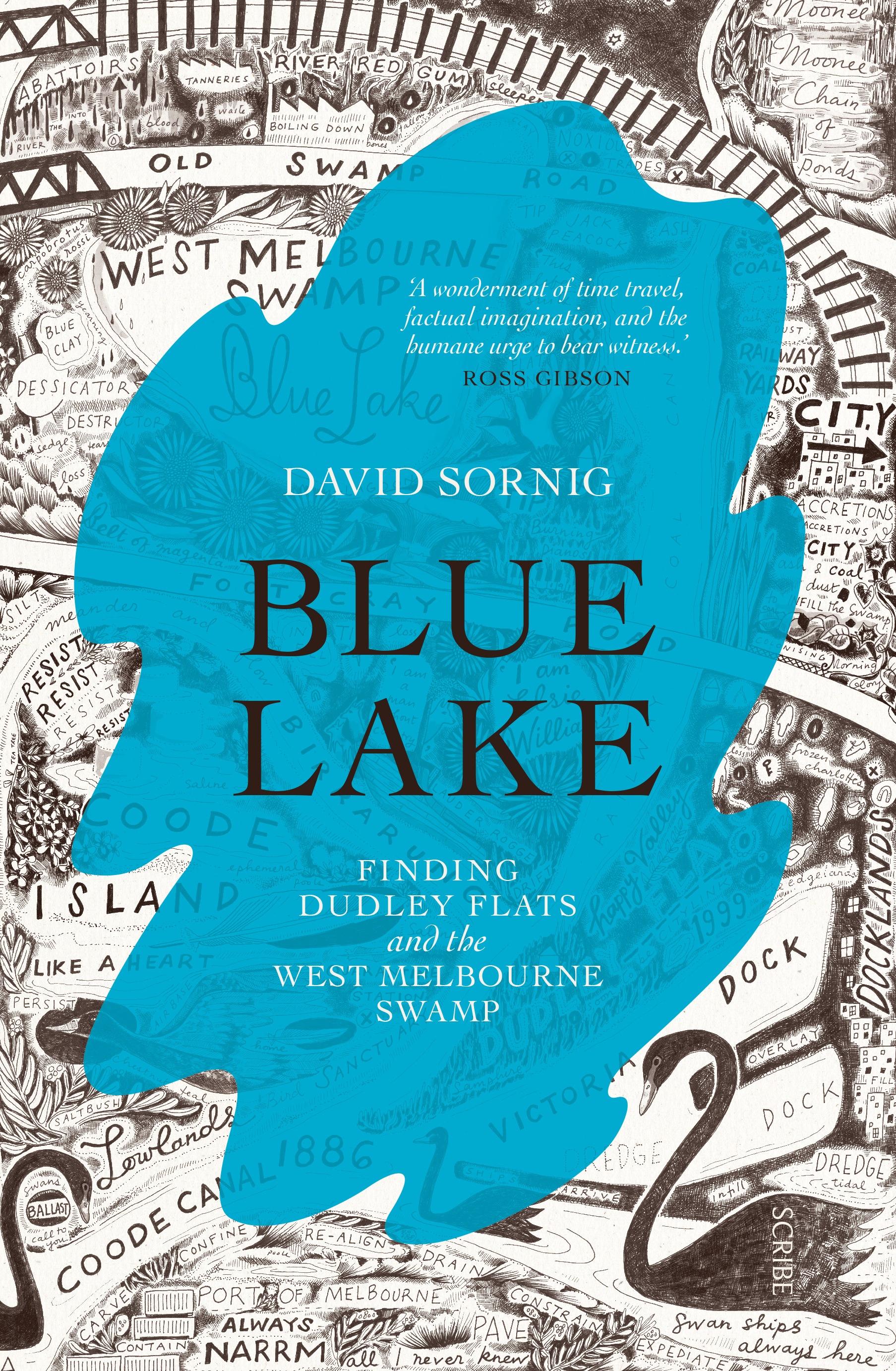
‘Books of the Year’ by Australian Book Review — Closer to home, David Sornig in Blue Lake also mines the archive, as well as extensive interviews and his own first-hand knowledge, to reconsider the zone west of Melbourne’s CBD that was once fertile wetland and lagoon. Imaginatively constructed and with erudite first-person guidance, this is the kind of riveting non-fiction that deserves the term ‘creative’. Anthony Lynch
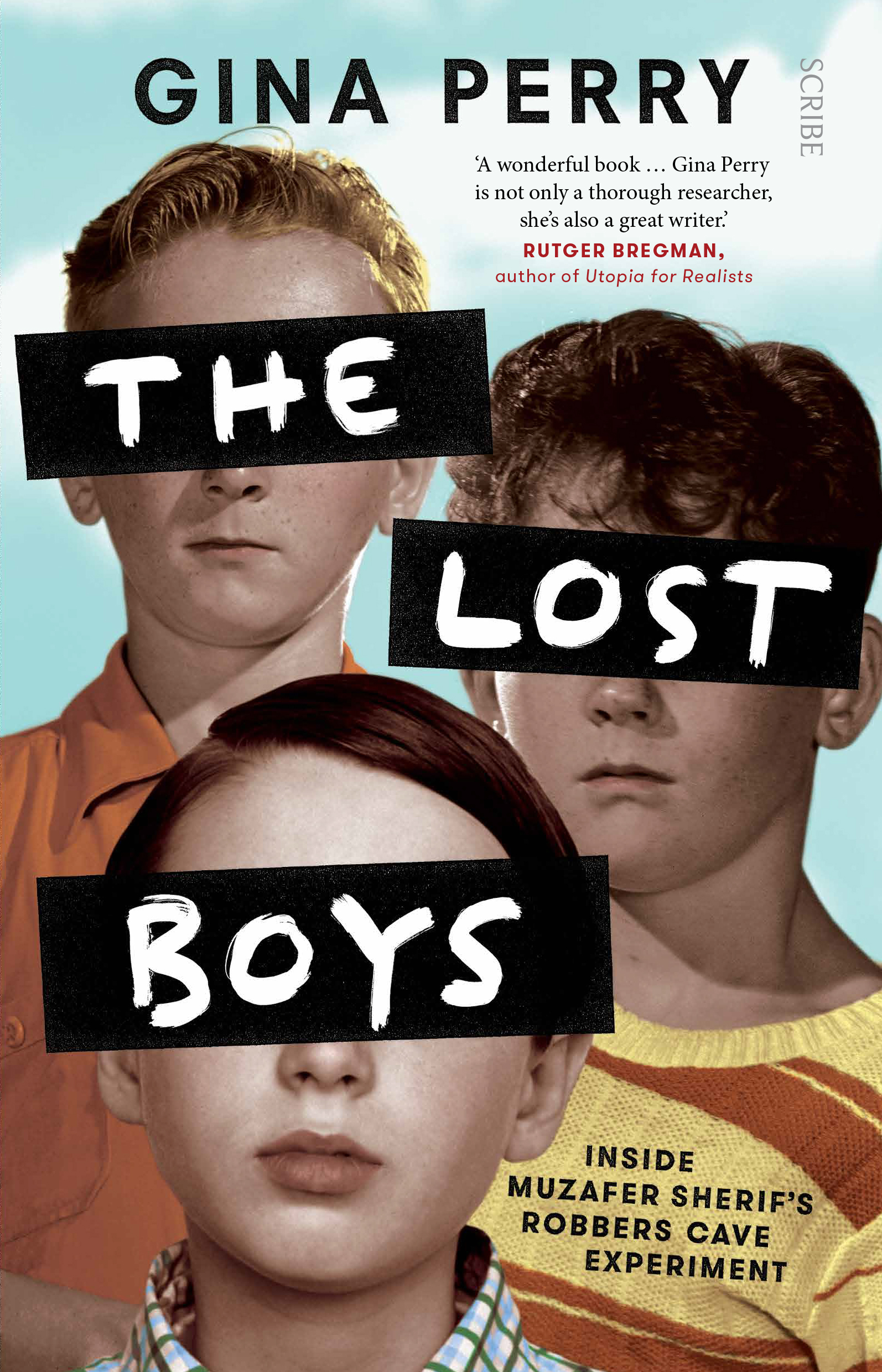
‘Books of the Year’ by Australian Book Review — Gina Perry’s The Lost Boys an engrossing expose of the Robbers Cave experiment, a classic study in social psychology, was also a fine historical recreation. Gideon Haigh
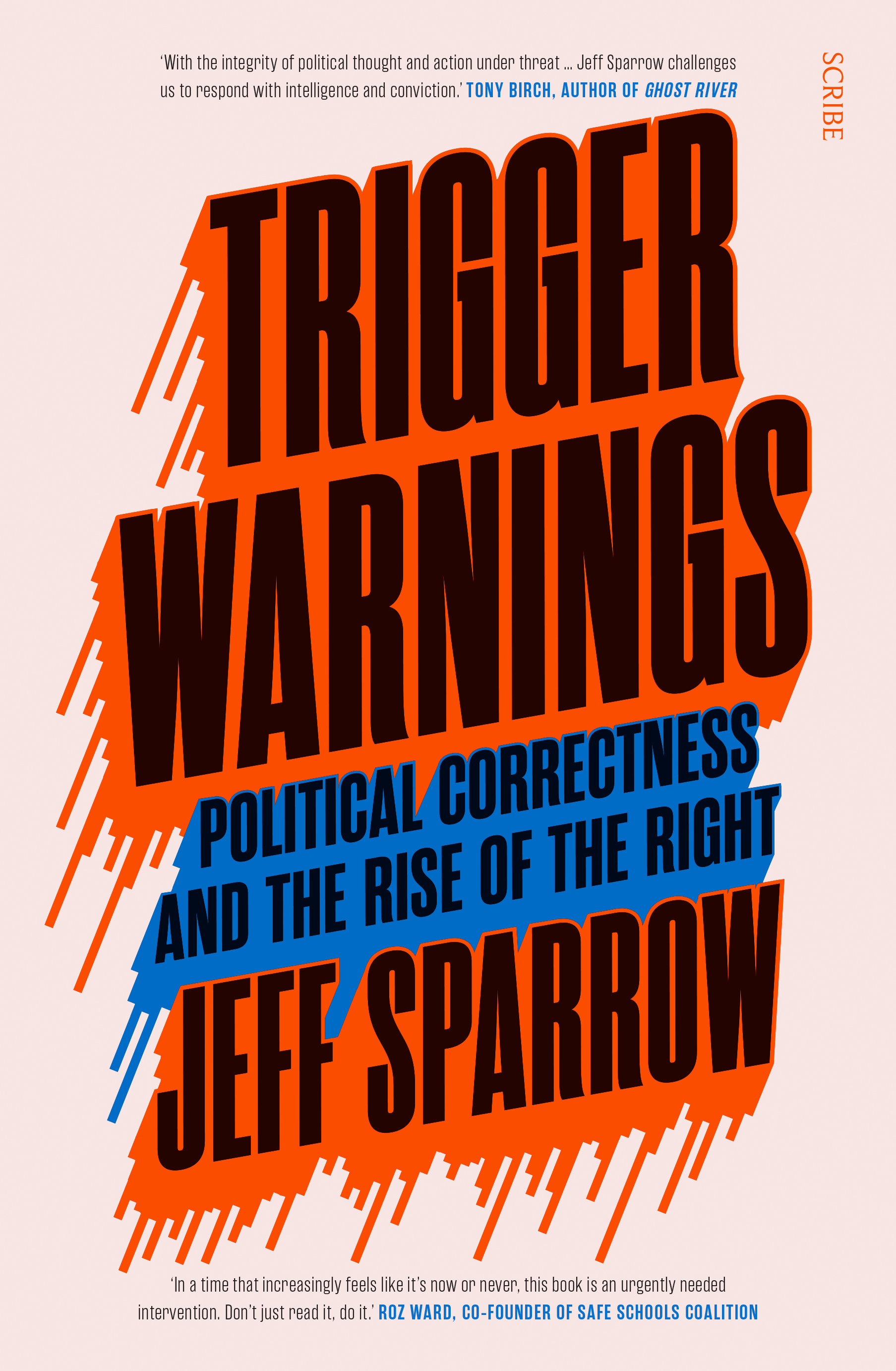
‘Books of the Year’ by Australian Book Review — Sparrow’s book is a provocative reading of the culture wars that develops a distinction between ‘direct’ and ‘delegated’ politics. James Ley
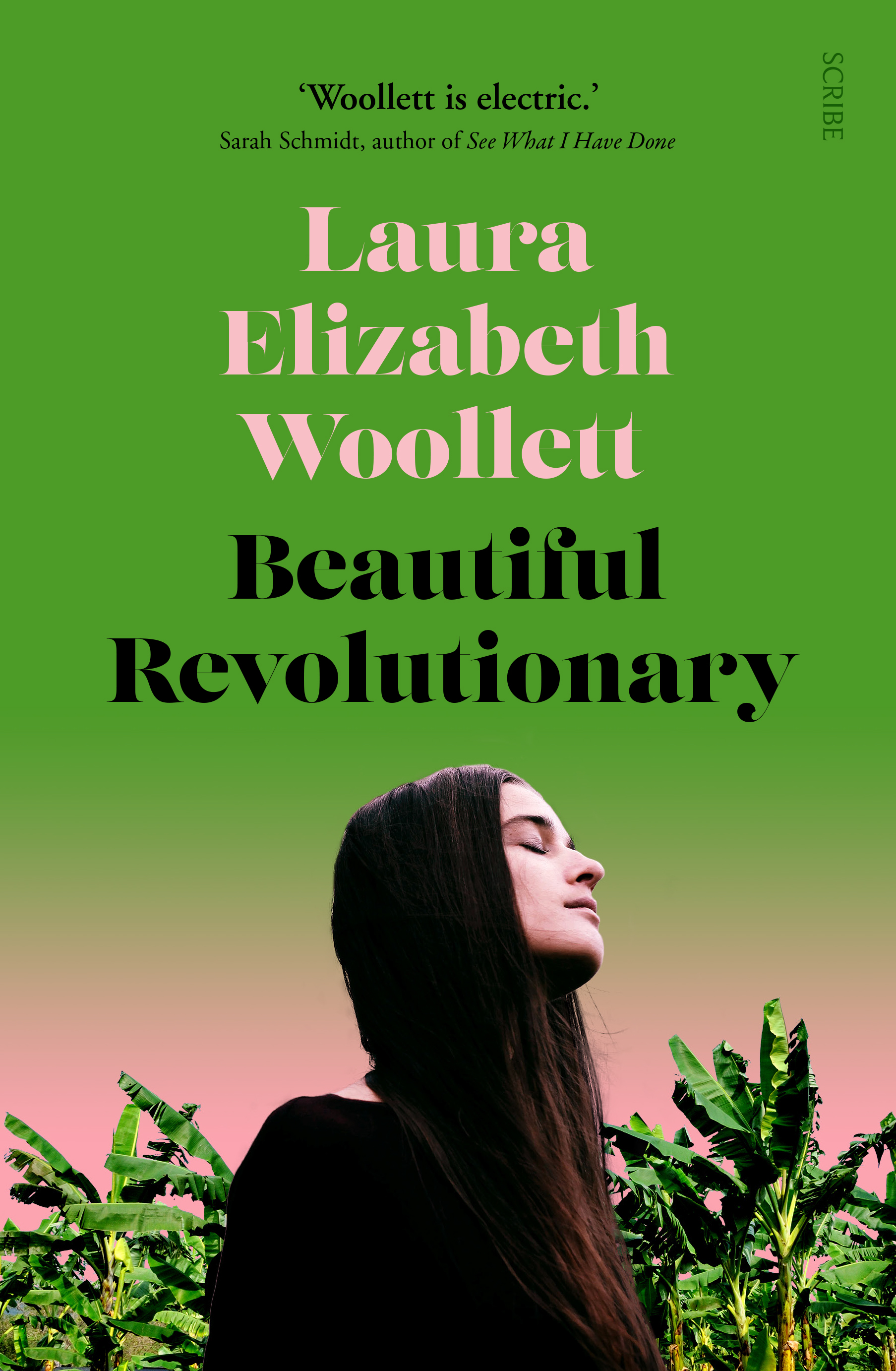
‘The Best Books of 2018’ by Elle — Woollett is considered Australia's foremost expert on Jonestown, and her novel is a riveting tale of love, obsession and devotion.
‘100 Great Reads by Australian Women in 2018’ by Readings –– Laura Elizabeth Woollett draws readers into the terrifying world of Jim Jones’s People’s Temple through the eye of the leader’s imagined right-hand woman, Evelyn (based on real-life People’s Temple inner circle member Carolyn Layton).
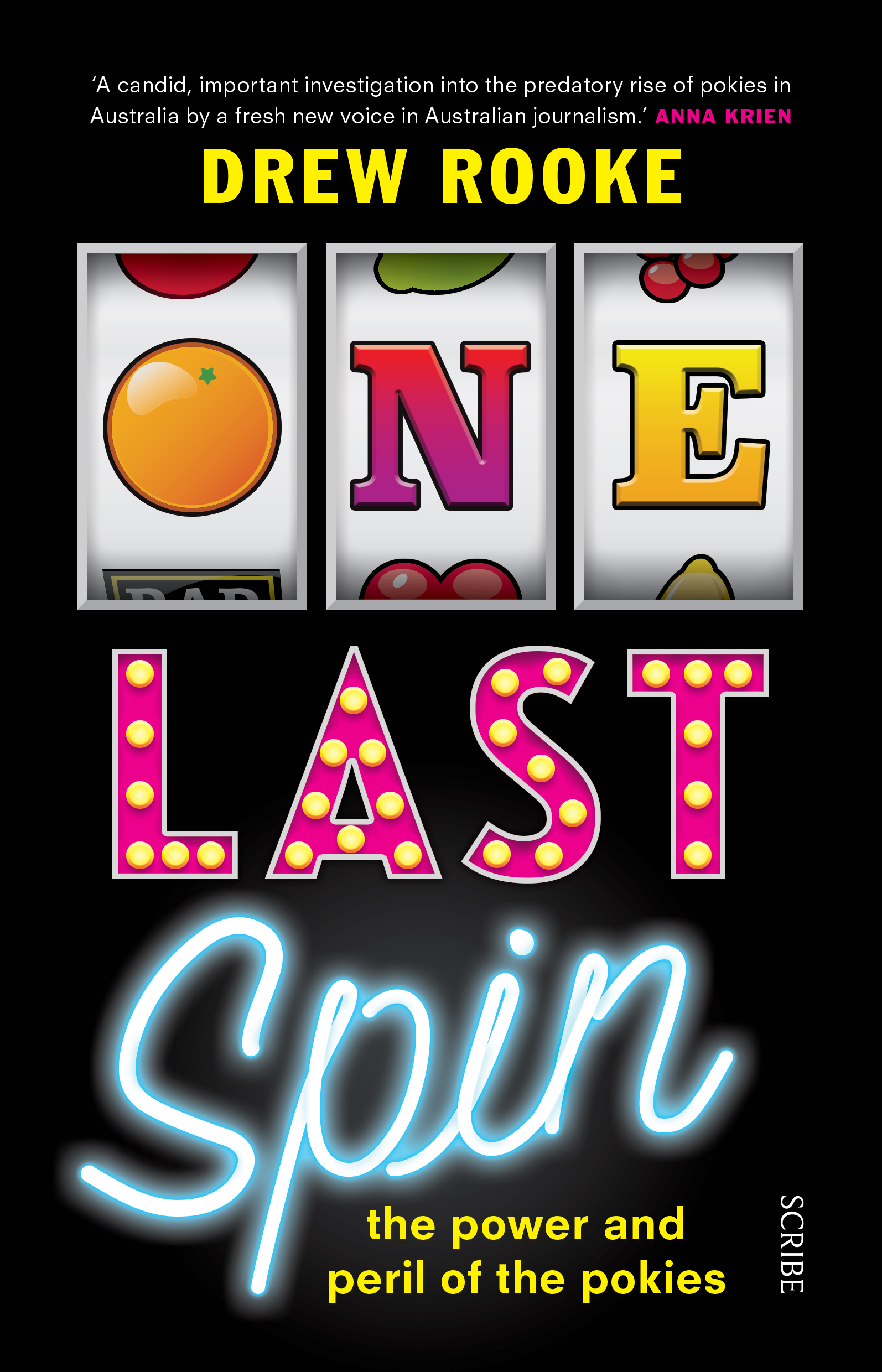
‘Writing NSW Staff Pick Their Favourite Writing of 2018’ — An eye-opening read about the insidious nature of pokies in Australia and their grip on our society.
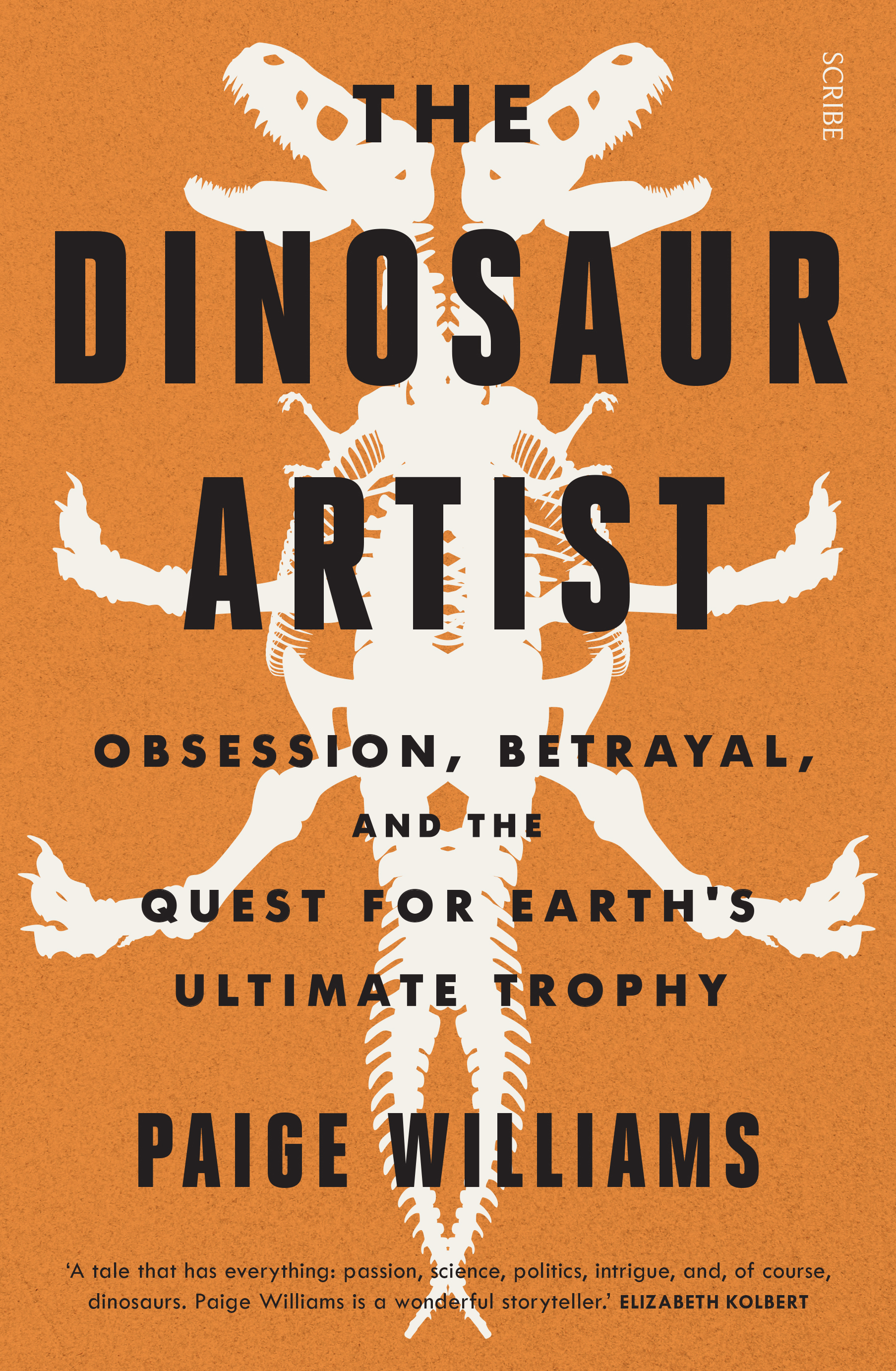
‘14 Great Reads on the 2018 New York Times ‘Notable Books’ List That Will Blow Your Mind’ featured on GQ –– Williams works as a New Yorker staff writer – no easy job to land. In this work of nonfiction, Williams tells the story of a man caught smuggling a stolen Tyrannosaurus skeleton into America. It connects her with the dark network of people trafficking in pilfered fossils and takes her all the way to Mongolia.
















